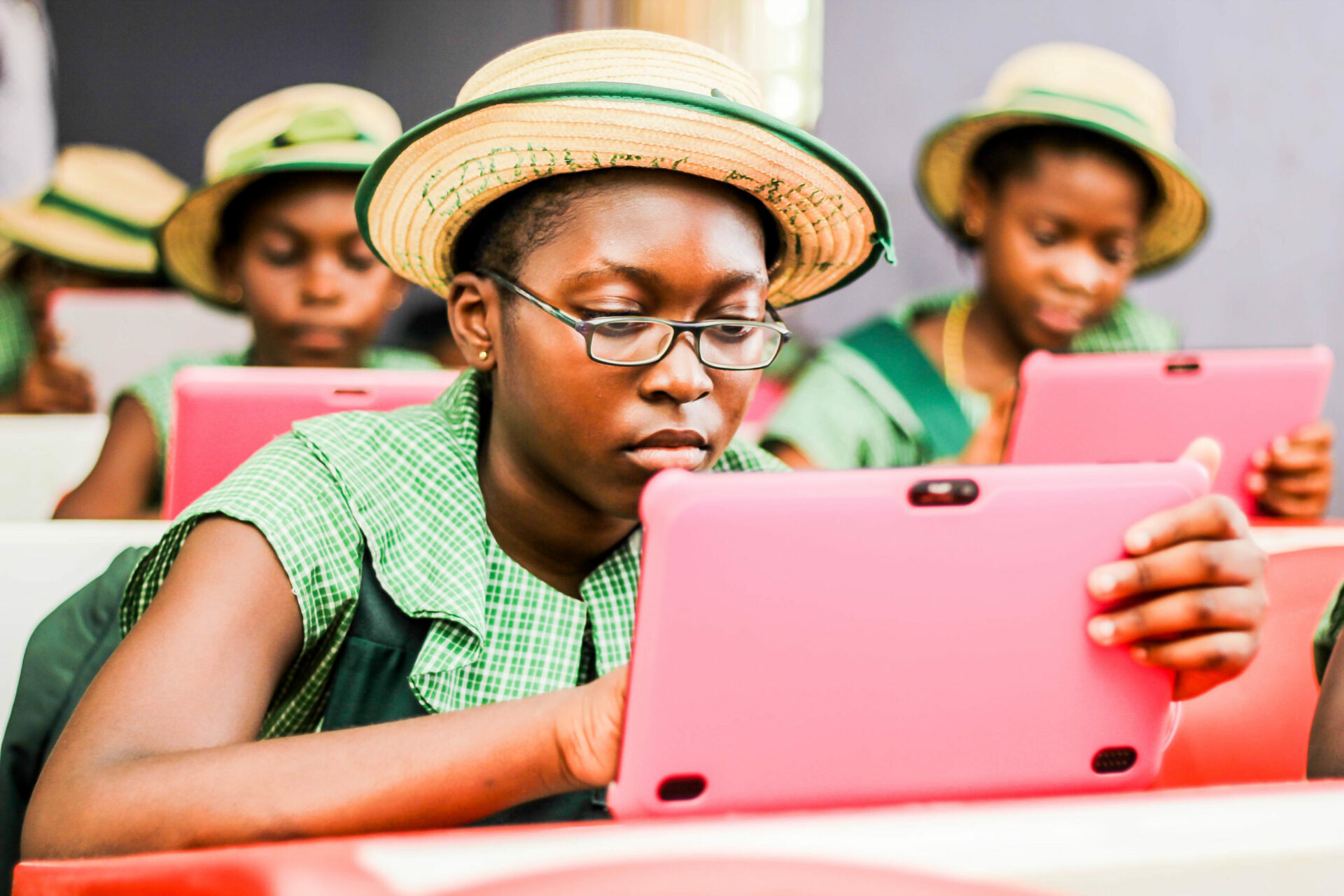How Nigerian Schools Are Adopting ICT
Nigeria’s education sector is gradually embracing Information and Communication Technology (ICT) to enhance teaching, learning, and school management. While challenges exist, many schools are integrating digital tools to improve education quality. Here’s how Nigerian schools are adopting ICT:
1. Digital Classrooms & E-Learning Platforms
Many private and public schools now use smartboards, projectors, and e-learning platforms to make learning interactive.
🔹 Google Classroom, Edmodo, and Moodle for online assignments
🔹 Zoom & Microsoft Teams for virtual classes
🔹 EduTech platforms like uLesson & ScholarX for video tutorials
💡 Example: Some Lagos schools now offer hybrid learning, combining online and in-person teaching.
2. Computer Labs & ICT Training
To improve digital literacy, schools are equipping students with computer labs and basic ICT courses.
✅ Primary & secondary schools introduce computer-based learning
✅ Universities offer coding, AI, and cybersecurity courses
✅ Some schools provide certifications in Microsoft Office, web development, and networking
💡 Example: Schools like Greensprings, Corona, and Chrisland invest heavily in ICT education.
3. E-Libraries & Digital Resources
Instead of relying on physical textbooks, schools now provide:
📚 E-libraries with access to digital books and research materials
📱 Educational apps like Khan Academy, Coursera, and TED-Ed
💡 Example: Covenant University has an advanced digital library for research students.
4. Online Registration & School Portals
Many schools now use online portals for:
✅ Student admissions & registration
✅ Checking exam results
✅ Parent-teacher communication
💡 Example: Schools like Unilag, OAU, and Babcock University use school portals for academic management.
5. Computer-Based Testing (CBT)
With the introduction of CBT exams, students now take standardized tests using computers.
✅ JAMB & WAEC now use computer-based assessments
✅ Universities conduct CBT entrance exams
✅ Some secondary schools also use CBT for internal exams
💡 Example: JAMB fully transitioned to CBT exams in 2015.
6. Robotics, AI & STEM Programs
Some Nigerian schools are introducing robotics and AI to prepare students for the future.
🔹 STEM clubs encourage robotics & coding competitions
🔹 Private schools invest in 3D printing & AI learning tools
💡 Example: STEM METS & Edufun Technik run tech workshops for Nigerian students.
Challenges in ICT Adoption
Despite progress, some challenges remain:
❌ Poor internet connectivity in rural areas
❌ High cost of ICT equipment
❌ Lack of trained ICT teachers
❌ Inconsistent government policies
The Future of ICT in Nigerian Schools
As internet access improves and the government invests in digital education, more schools will integrate ICT fully. The goal is to make technology-driven learning accessible to all students in Nigeria.






